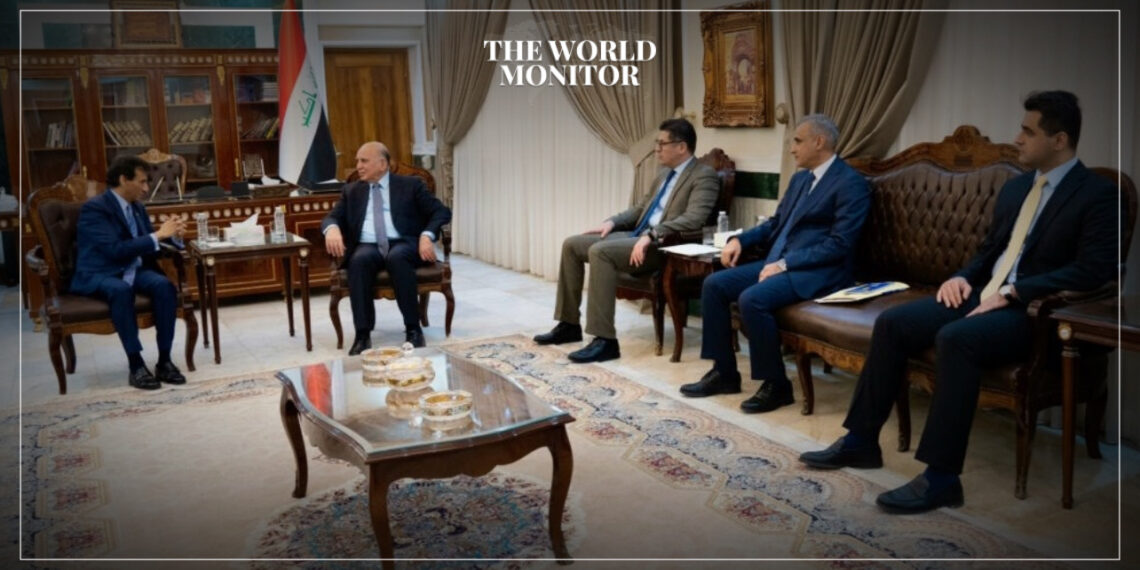Iraq and the United Nations have begun discussions on the gradual withdrawal of the United Nations Assistance Mission for Iraq (UNAMI), marking the end of the mission’s long-standing presence in the country.
The talks, held between Iraqi Foreign Minister Fuad Hussein and the new head of UNAMI, Mohammed Al-Hassan, reflect a significant step in Iraq’s efforts to assume full control over its political and security landscape.
During the meeting in Baghdad, Hussein expressed Iraq’s readiness to provide full support to the new UN special representative, acknowledging the invaluable assistance UNAMI has provided to Iraq over the years.
The minister extended his gratitude for the mission’s work in helping Iraq through periods of instability and rebuilding efforts.
UNAMI has played a pivotal role in Iraq since its establishment in 2003, following the US-led invasion and the subsequent fall of Saddam Hussein’s regime.
The UN Security Council’s decision to terminate the mission by the end of 2025, based on a request from the Iraqi government, signals Iraq’s growing confidence in managing its internal affairs.
This transition highlights the country’s desire to assert greater sovereignty and reduce its reliance on international oversight as it continues to rebuild from years of conflict and political unrest.
UNAMI was established by the UN Security Council in 2003 to assist Iraq in transitioning to a stable and democratic government after decades of dictatorship, wars, and sanctions.
The mission’s mandate has included supporting the political process, facilitating national dialogue, providing humanitarian aid, and assisting in the protection of human rights.
Over the years, UNAMI has also helped Iraq address security challenges, including the fight against ISIS and the aftermath of its territorial defeat.






